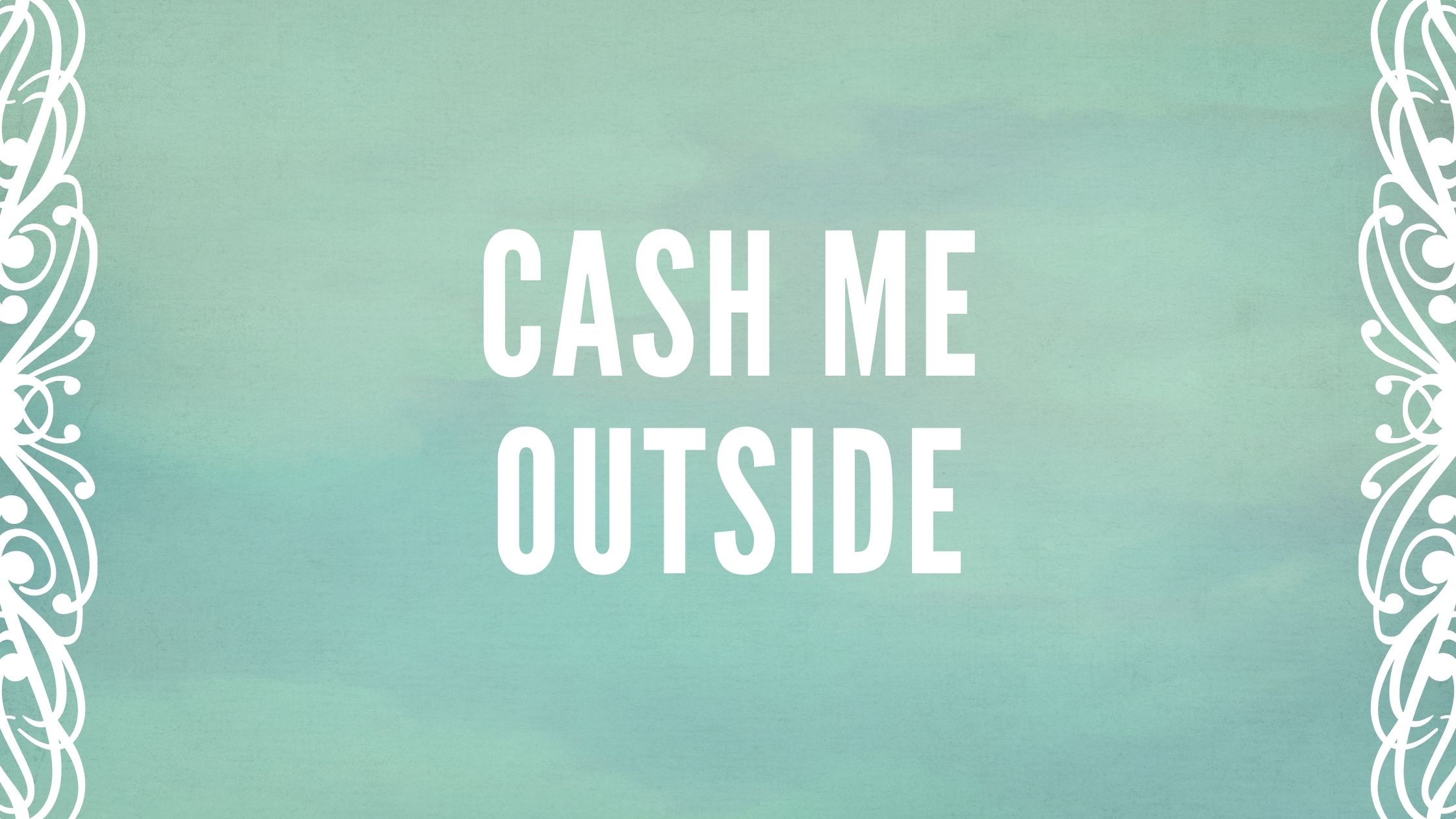Several small retailers we spoke with in cities like Bangalore, Delhi and Mumbai echo the paranoia of the JP Nagar store owner. They all expressed unease at the idea of companies being able to access their customer data, fearing they will eventually be cut out of the bargain altogether. Some analysts, meanwhile, believe that store owners risk more than just their data when they partner with aggregator platforms.
For example, while stores may not be charged commissions or delivery fees at present, this could change in the future as these platforms become integral channels for sales. Restaurants are already experiencing this with food delivery platforms like Swiggy and Zomato looking to raise their take rates . Kirana stores, therefore, could be wary of developing a similar dependence. There’s also the risk of losing direct touch with the customer as platforms insert themselves as intermediaries.
Cash me outside

Walmart-owned PhonePe, though, thinks it can keep customers flocking to kirana stores—by turning them into ATMs. Recently, the digital payments unicorn released a feature that allows customers to pay kirana stores on its platform via UPI and receive cash in return. The idea is to improve the usage of digital payments—both on the merchant and customer ends—while helping consumers get cash when needed.
The nascent addition has elicited mixed reactions. Apart from the fear of sharing customer data, one proprietor, who has had 10-15 customers avail the facility so far, expressed confusion. “We don’t get a commission,” he says, simply. As a result, when a customer wants money and transfers money to him through UPI, the store deducts around Rs 10-50,” he says. Other store owners admitted to doing something similar—cutting a small percentage as a “fee”.
Not only does this added cost make a customer less willing to use PhonePe’s feature except as a last resort, it also creates a compliance hassle. The reason PhonePe doesn’t allow for commissions to stores is that any earnings through this transaction are taxable, creating an accounting hassle.
Factor in the importance of petty cash for kirana stores—many of which are still on the fence about both digital payments as well as Point of Sale machines—and PhonePe’s ATM feature seems unlikely to create the stir the company hoped.
Just push PoS
Other companies, though, believe they have the solution to the tepid PoS adoption among retailers. In fact, they’ve developed their own Point of Sale (PoS) systems for kiranas which, they hope, will make them an indispensable part of the lucrative yet dispersed kirana ecosystem. These include the likes of Reliance, Walmart, Metro Cash & Carry and B2B firm Jumbotail, all of whom think their solutions can transform kiranas into modern convenience stores.
Fashion-forward
Online fashion retailer Myntra’s MENSA network partners with kirana stores for last-mile deliveries and has over 15,000 stores
across 50 cities. The program caters to 70% of all deliveries on Myntra – Flipkart spokesperson
Store owner Hari says he has been approached by companies like Metro and Jumbotail to install their PoS systems in his store. These companies claim it will improve sales and offer convenience. “They said they will manage my inventory in a way that I will be able to sell more products by selling fewer SKUs (stock keeping units),” he said. But in exchange, many of these companies ask the retailers to share the customer data that accumulates in the PoS terminals to help with analytics, something he is reluctant to do.